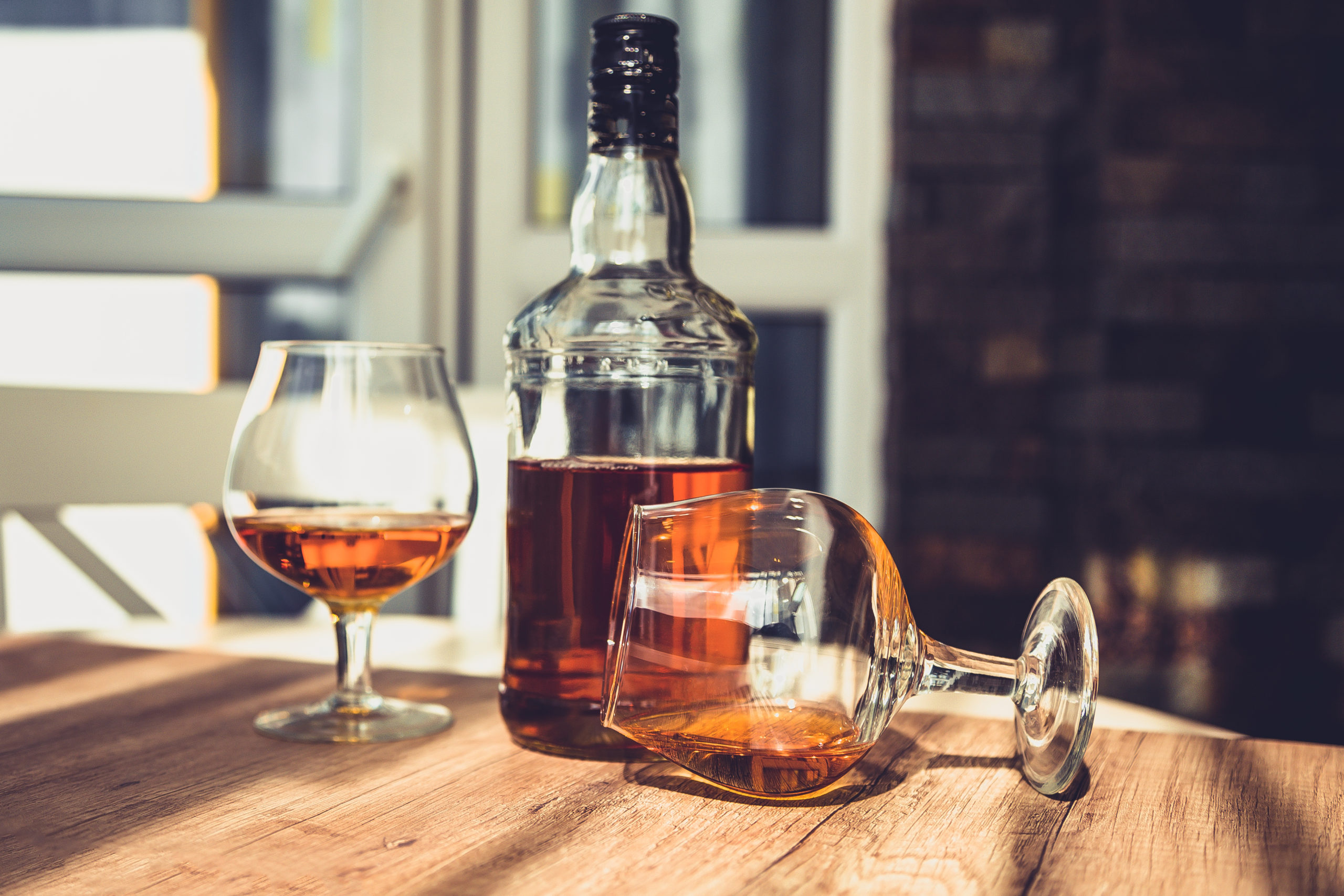In current American society, having a drink with friends or after work is a popular way to destress and spend time with others. However, this pattern can become dangerous and addictive if safe drinking habits are not utilized.
Through the Impact Wellness Network, our clients can work with therapists, counselors, and other professionals to develop healthy coping strategies, self-management strategies, and relapse prevention strategies in a rehabilitative and recovery-based treatment center. Across the Midwest, our drug and alcohol addiction treatment centers are available to help you or your loved one.
What is binge drinking?
Binge drinking is defined as drinking an excessive amount of alcohol to the point of getting drunk in a relatively short period. While people may feel “drunk” at different times, it is legally defined as drinking enough alcohol to increase the Blood Alcohol Content (BAC) to over 0.08%. This is usually reached in females by drinking 4 drinks within two hours and men by drinking 5 drinks in two hours.
Binge drinking is preventable and does not indicate that an individual is an addict. Binge drinking is dangerous because of the increased likelihood of accidents, risky behavior, and health concerns brought on.
Binge drinking brings on an increase in accidents and risky behaviors. According to a 2010 study, it cost $191 billion in “loss of workplace productivity, health care expenditures, criminal justice costs, and other expenses.”
Additionally, binge drinking can increase the likelihood of alcohol-related health problems. According to the CDC, binge drinking is associated with:
- Reckless behavior, including drunk driving and unsafe sex
- Unintended pregnancy and poor pregnancy outcomes, including miscarriage and stillbirth
- Chronic diseases such as high blood pressure, stroke, heart disease, and liver disease
- Cancer of the breast, mouth, throat, esophagus, liver, and colon
- Memory problems
With an increase in health problems, increased potential for dangerous, risky behaviors, and impacted decision-making, binge drinking is as dangerous as an addiction.

Does binge drinking mean I have an alcohol problem?
Binge drinking can indicate that you may have an unhealthy relationship with alcohol. While a majority of binge drinkers are not alcoholics, it does not mean that they are engaging in safe and responsible use.
How can I stop binge drinking alcohol?
Some people may find that it is easy to end their binge drinking habits. It can be managed by monitoring your drinks and making safer choices about consumption. However, if you find yourself continuing to struggle with cutting down on your drinking, it is important to speak to a professional. Being unable to cut down on your drinking despite trying to do so is a sign of an alcohol abuse disorder.
If you are going to stop or monitor your binge drinking on your own, there are several things to keep in mind. Alcohol processes through the body at approximately 1 drink per hour. Consuming more than 4 drinks in a two-hour timespan dramatically increases your BAC and can increase your risks. Drinking one drink followed by water, before having another drink, can give your body time to process the alcohol.
If you find that your binge drinking is closely associated with stress or anxiety, it is important to speak with a healthcare provider. In this sense, you would be looking for them to teach you healthier coping skills and self-management strategies to support the reduction in drinking.
Impact Wellness Network – A Positive Change
Impact Wellness Network is a group of Midwestern rehabilitation facilities designed to support individuals struggling with addiction. Our treatment centers are designed with the client in mind. We offer inpatient, partial hospitalization, and outpatient treatment. For individuals struggling with binge drinking who think they need more help, contact us today to see which of our structured outpatient programs can help you make the change you want for your life.
Impact Wellness Network – Find your path to lasting recovery.

